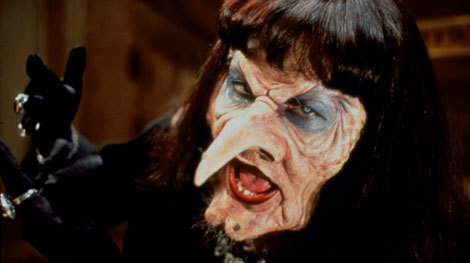
Saturday 23 April 2011
Weird People I Lived with in Galway, Vol. 1

Friday 15 April 2011
Believe in Better
When Dustin Hoffman is rotting in hell, he’ll be forced to make a three day long advertisement for Sky Atlantic. For three uninterrupted days, he’ll have to make slight sighs, stare into the distance, and force the corners of his mouth into his cheeks to make an insincere Dalai Lama smile. Any failure to feign sincerity, and the project will start from the beginning, in a torturous activity comparable to the punishment of Sisyphus. For 72 hours, Mr Hoffman will have to stand against a New York skyline and produce line after line about stories, each one more pedestrian and obvious than the last. “Some stories are long.” he’ll tell us. “Some, [deep breath] some are short.” And so we’ll muse at length about stories, as he tells us about how some stories run for two hours, some for two and a half. Gravely, we’ll be told about how some run for a serious three hours, whereas others, we’ll be reminded with a tickled laugh, run for less than an hour. “They take us to a fantasy land, which – somehow – resembles our reality.” We’ll be reminded of how some people die in stories, while many live. Others come back from the dead as ghosts, whereas others never actually died. Some are brought back to life by the ‘magic’ of a future technology. Some are reborn in other forms. Some, like Mr Hoffman, die on the inside long before they die on the outside. Not even the greatest of stories can ‘make him feel’ anymore. Some stories are about action or adventure, whereas others are about romance. Some delve deep into farce and hilarity [fake-ass Dalai Lama smile]. “Some touch our very soul. Our soul, no less!” [Mr Hoffman has to restart the ad again.]
Oh, yes; when we tune into Sky Atlantic, we are appreciating in the same ancient art of storytelling that our distant ancestors practiced. Watching some B-lister like Tom Selleck in yet another cop show fills us with the same awe that great storytellers produced from impressionable audiences centuries ago. Our sense of wonder will be sustained by watching all seven seasons of Star Trek: Voyager in the afternoons – stories that will surely stay with us, as we reminisce about unforgettable characters like Harry Kim and Commander Chakotay (a man who could really appreciate the power of story, incidentally).
What’s with that smile though? Try doing it a few times. It’s like trying to bend a q-tip between your lips. The more sincere the smile seems, the more you mistrust him, knowing full well that nobody gets that engrossed in the wonder of stories. I imagine that they raised the gigantic pile of cash they’re paying him above his head while shooting. Look at him as he stares upwards, trying to find inspiration; you can almost see the dollar signs ka-ching-ing in his eyes. He nearly chortles through his line, thinking of the mountain of cash he’s going to sleep on tonight.
The advert has one saving grace however; it stars Dustin Hoffman and not the insufferable Anthony Hopkins. It’s hard to believe that in a 21st civilisation like ours that such an atrocity as the 2009 Sky ads were permitted. We suffered as Hopkins and his pseudo-charisma rambled pointlessly about the ‘magic’ of Hollywood. Despite my scars and misgivings about Mr Hoffman, I’m glad those dark days are no longer with us.